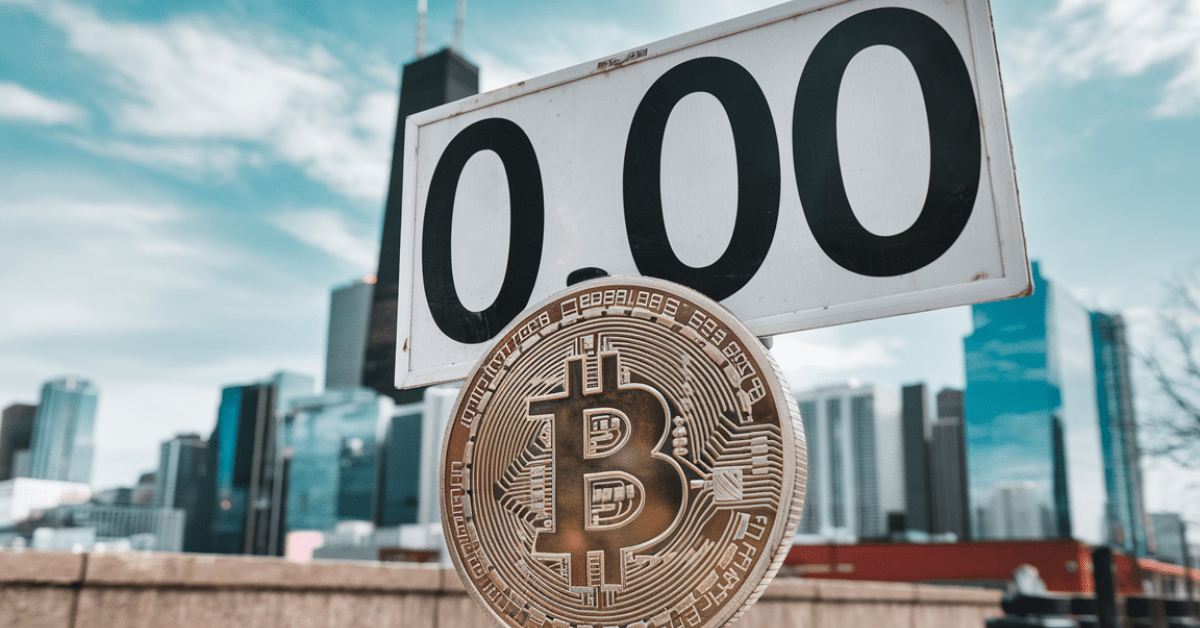Key Takeaways
- To buy crypto in Singapore, pick a trusted exchange, select a legal exchange, complete KYC verification, fund your account, and decide how to store your coins securely.
- Selling is just as simple—transfer your coins to an exchange, set your price, sell, and withdraw your money.
- Stay informed on Singapore’s crypto regulations, taxation rules, and secure storage practices to make sound trading decisions.
Singapore has a good legal framework and a multitude of exchanges, which make the process of buying and selling cryptocurrencies simple for both novice and seasoned investors. Here in this guide, we’ll explain the exact buying and selling procedures, the best exchanges you can opt for in Singapore, and what the regulations and taxation are in Singapore.
How to Buy Cryptocurrency in Singapore?
Choose the Crypto Currency Exchange
You must choose a cryptocurrency exchange with a good reputation. The well-known exchanges that are active in Singapore are Kraken, Binance, KuCoin, and Bitget. These exchanges are known for their security, user experience, and compliance with Singapore’s, which makes them excellent options for traders.
Create a User Account
After selecting an exchange, you’ve to create an account. Here’s how this works:
- Provide personal information, which includes data such as your name, email address, and phone number, when registering.
- Compliance with the Know Your Customer (KYC) protocol is required to complete the verification process. This involves uploading identification papers such as a passport or national ID, along with proof of address documents such as a utility bill or a bank statement.
After enabling your account, you should activate two-factor authentication (2FA) immediately and create a unique and robust password.
Fund Your Account
In Singapore, common ways of funding your account include:
- FAST or PayNow to make direct bank transfers from Singaporean banks. It is a simple process that typically results in little to no additional costs.
- Many exchanges permit card transactions, but the fees they impose may be substantial. You’ve got to verify with your bank whether or not there are any limits on transactions using cryptocurrency.
- There are some exchanges that allow deposits to be made using electronic wallets, which would offer another easy way to fund your account.
Make Your Purchase
After adding funds, you can purchase your cryptocurrencies.
- By going to the exchange’s trading interface, you can select the cryptocurrency you want to buy (for example, Bitcoin, Ethereum, or another cryptocurrency).
- You can either select a market order or a limit order. Market orders allow you to buy at market pricing. Limit orders require a purchase price. Since this order will only be executed when the market achieves that price, you have more control over your buying conditions.
Before completing the purchase, review all transaction details, including quantities, pricing, and fees.
Store Your Cryptocurrency
Keep your bitcoins safe after buying them. You have many options:
- Exchange Wallets: Exchanges provide wallets for storing your coins, but they are vulnerable to hacking and site shutdowns. Hence, it’s advisable to upgrade if you want a higher level of security.
- Personal Wallets: This category includes two options: hard wallets and soft wallets.
- Hardware wallets like Trezor and Ledger Nano S are recommended for long-term cryptocurrency storage. Keeping your cryptocurrency offline reduces the risk of hacking.
- Software wallets like TrustWallet and Bitcoin.com Wallet are convenient for daily transactions; they are less secure than hardware wallets.
How To Sell Your Crypto Currency?
Opt For The Right Time
Traders often evaluate the market’s current situation to determine when it would be best to sell their Bitcoin holdings. The market trends, price fluctuations, and potential risks associated with long-term asset ownership will all be examined in this step.
Select A Method Of Selling
There are a few distinct ways that cryptocurrency holders can sell their assets:
- Sales Made Directly on Exchanges: Users have the ability to sell their cryptocurrency directly on exchanges such as Kraken or Binance by placing sell orders in a manner that is similar to purchasing.
- P2P Trading: Platforms like LocalBitcoins enable direct trades between users. This strategy frequently gives rise to more favorable trade conditions, although it requires trust and negotiation skills.
Sell Your Cryptocurrency
- Go to the wallet section of your exchange and pick the cryptocurrency that you want to sell.
- Select the Order Type: Market Order or Limit Order
- Verify the Specifics: Before you go ahead and confirm the sale, go over the specifics of the transaction, including the quantity, the price, and any fees that may be applicable.
Withdraw Your Funds
Once you have completed the sale of your cryptocurrency, you will need to transfer the proceeds to either your bank account or another wallet. Some common techniques of withdrawal are as follows:
- The majority of exchanges allow users to withdraw funds to their local bank accounts, generally using the FAST or PayNow systems, which enables them to make transactions in a short amount of time.
- Crypto Wallets: If you want to save your assets in a secure manner, you can move them to another coin wallet.
Each exchange has unique withdrawal costs, which can vary based on the chosen method. For example, fees for withdrawing SGD to a bank account can vary significantly among platforms.
In general, processing timeframes might range anywhere from immediate to several business days, depending on the technique and the operating conditions of the exchange.
Top Crypto Exchanges In Singapore
The following are some of the exchanges that are expressly designed to serve the Singaporean market:
- Kraken is a cryptocurrency exchange that is well-known for its powerful security features and wide variety of cryptocurrencies. Kraken also enables transactions in Singapore Dollars (SGD), which makes it simple for local traders to conduct business.
- Binance provides Singapore consumers with a complete ecosystem that includes a variety of trading choices, including spot trading, futures, and options, all tailored to meet their specific needs.
- This website, known as Crypto.com, allows users to make purchases of cryptocurrencies using a variety of payment methods, including bank transfers and debit and credit cards.
- KuCoin offers a wide selection of cryptocurrencies and innovative financial products. KuCoin designs its offerings to appeal to tech-savvy investors in Singapore.
Crypto Regulations and Taxations in Singapore
Regulations
The Monetary Authority of Singapore (MAS) primarily governs cryptocurrency regulations in Singapore under the Payment Services Act (PSA) 2019. This law requires cryptocurrency service providers, including exchanges, to obtain licenses based on the scale of their operations. You can classify these licenses as either Standard Payment Institution (SPI) or Major Payment Institution (MPI).
For the purpose of enforcing identification checks, combating money laundering, and preventing terrorist funding, the Malaysian Securities Authority (MAS) requires customers to undergo Know Your Customer (KYC) verification. In addition, service providers are required to adhere to stringent rules around anti-money laundering (AML) and counter-terrorism financing (CFT), which work to ensure that bitcoin activities are both secure and transparent.
Taxations
In terms of taxation, Singapore does not impose a capital gains tax on earnings from bitcoin transactions, which makes the country appealing to individual investors. However, if cryptocurrency trading is classified as a business activity, then profits may be subject to income tax.
The Inland Revenue Authority of Singapore (IRAS) strongly advises traders to keep detailed records of all transactions for tax purposes, particularly if their activities are considered business-related. This kind of comprehensive documentation is essential for ensuring compliance and avoiding tax penalties.
Conclusion
Singapore offers user-friendly exchanges, regulatory compliance, and a variety of payment options for smooth trading. This framework supports both experienced traders and newcomers. Investors can make good decisions in the crypto world if they understand how buying and selling work, use reputable platforms, and follow local rules. Also, it is important for traders to remain proactive and informed so they can deal with risks effectively and capitalize on the opportunities that Singapore’s versatile cryptocurrency landscape has to offer.























